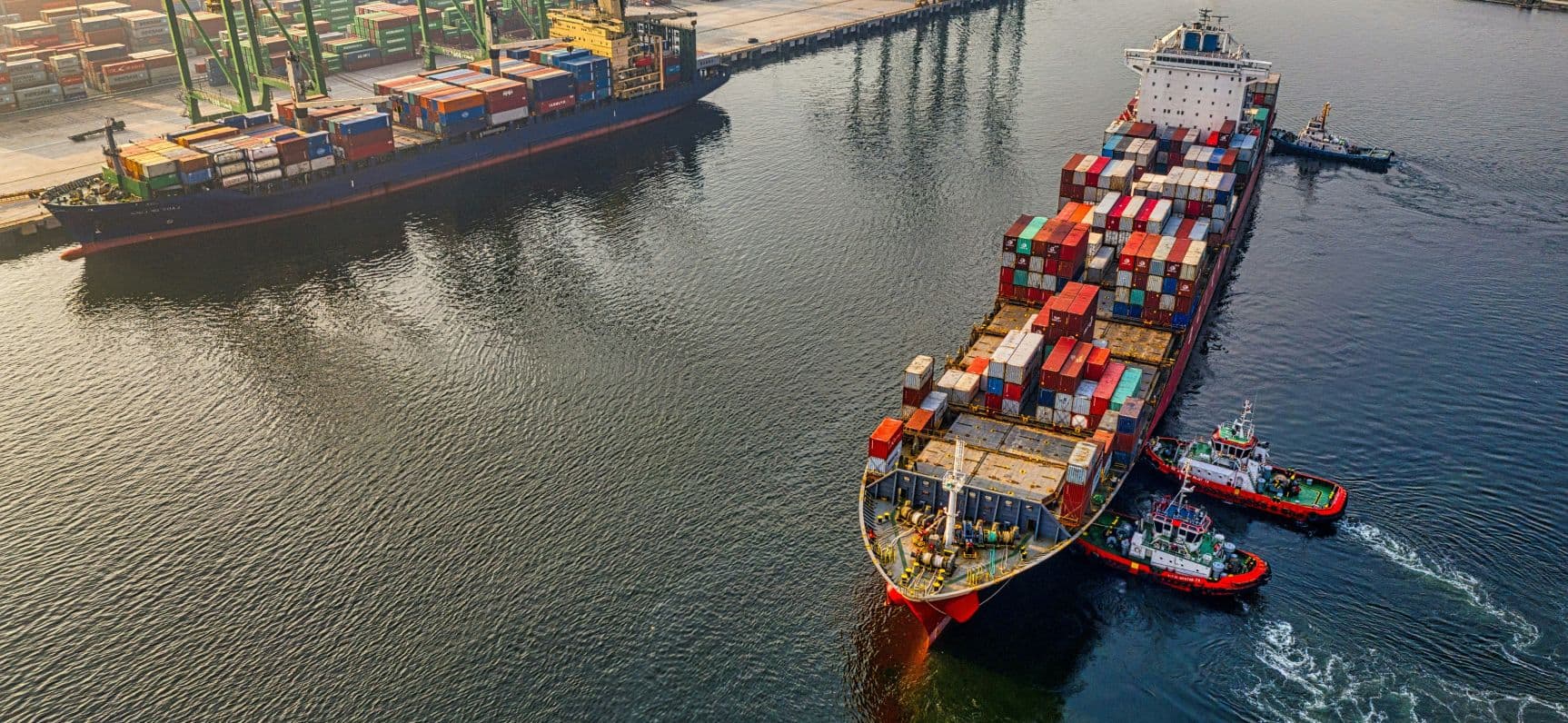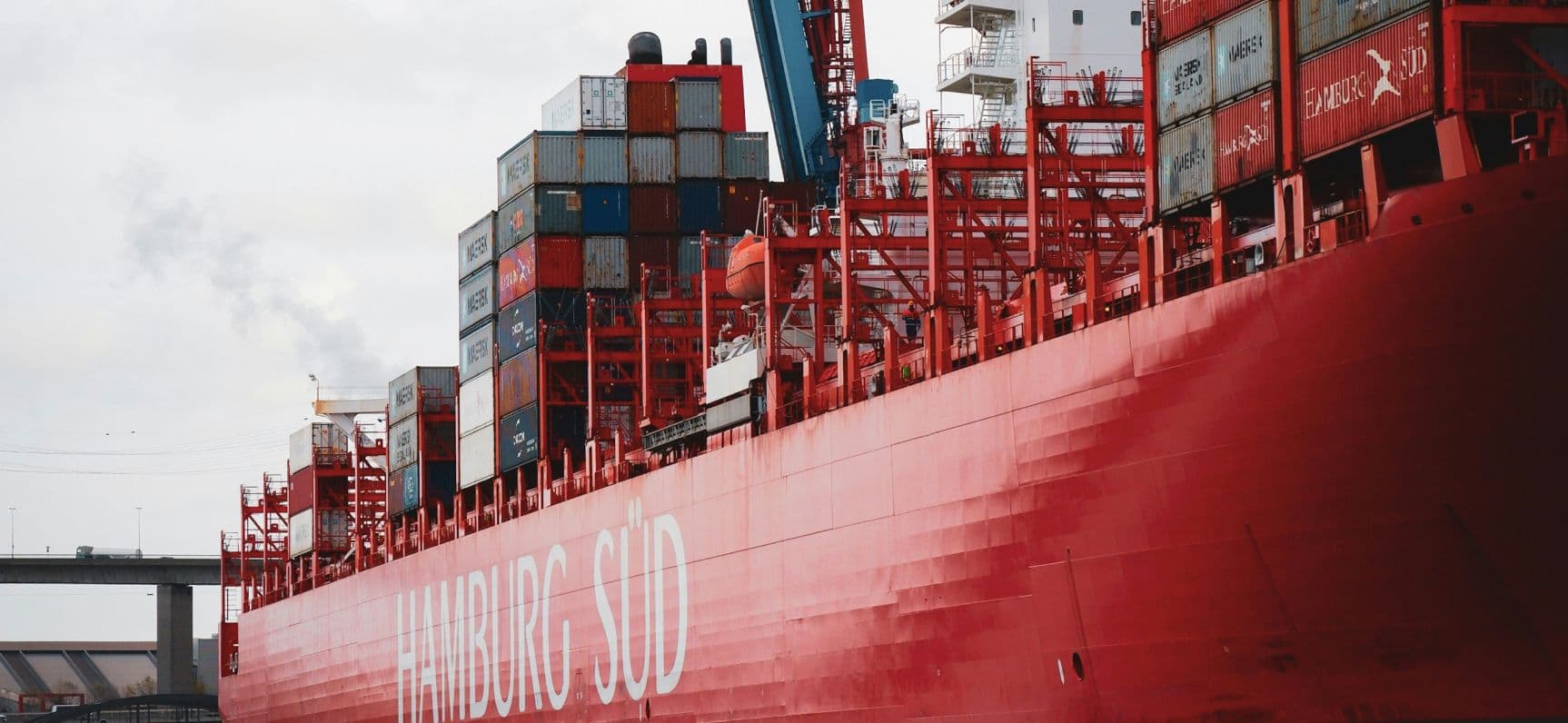Cargo Ship Jobs
Discover the diverse and rewarding opportunities available on cargo ships. This comprehensive guide covers the various roles, responsibilities, and benefits of working on cargo vessels, with a special focus on container ship jobs.

Discover the diverse and rewarding opportunities available on cargo ships. This comprehensive guide covers the various roles, responsibilities, and benefits of working on cargo vessels, with a special focus on container ship jobs.

Cargo ships are the backbone of global trade, transporting goods across the seas. This section will explore the core operations of cargo vessels and the critical roles that ensure the safe and efficient movement of cargo.
Cargo ships require a range of professionals to operate smoothly. Here are some of the key roles:

There is a wide array of job opportunities on cargo ships, catering to different skill sets and experience levels. This section categorizes the jobs into entry-level, technical, and specialized roles.
For those new to the maritime industry, entry-level positions provide a gateway to more advanced roles.
To start an entry-level job, typically a high school diploma or equivalent is required. No prior experience is necessary for most roles, but good physical condition and a willingness to work in challenging environments are essential.
Specialized roles require specific skills and experience, offering career advancement opportunities.
Specialized roles often require additional certifications or degrees. For example, marine electricians need relevant electrical qualifications, while safety officers may require safety management and emergency response training.
Life on a cargo ship is unique, combining work with the opportunity to travel. This section outlines what you can expect when working on a cargo vessel.
Cargo ship employees typically work on a rotational schedule, such as six months on and three months off. Shifts can be long, often 10-12 hours, to ensure round-the-clock operations.
Crew members live on the ship for the duration of their contract. Accommodations are typically shared, and amenities include dining areas, recreational facilities, and crew lounges. While living conditions can be compact, many ships provide comfortable and well-maintained living quarters.
A career on cargo ships offers numerous opportunities for growth. This section highlights the training programs and career paths available.
Basic safety training is mandatory for all crew members. This includes courses like Basic Safety Training (BST) and Personal Survival Techniques (PST).
Additional training programs are available depending on the role. For example, deckhands may receive training in seamanship, while engineers undergo specialized mechanical courses. Continuous education and certification programs help employees advance their careers.
Cargo ship jobs offer competitive salaries and a range of benefits. This section provides an overview of what you can expect in terms of compensation.

Working on a cargo ship comes with its own set of challenges and rewards. This section provides a balanced view of what to expect.
Securing a job on a cargo ship requires preparation and knowing where to look. This section provides practical tips for job seekers.

Container ships are a vital part of the global supply chain, transporting goods in large standardized containers. This section focuses on the specific jobs available on container ships.
Container ship employees typically work on a rotational schedule, such as six months on and three months off. Shifts can be long, often 10-12 hours, to ensure round-the-clock operations. Living conditions are similar to other cargo ships, with shared accommodations and essential amenities provided.

Initial training for container ship jobs includes basic safety courses like Basic Safety Training (BST) and Personal Survival Techniques (PST). Role-specific training programs are also available, depending on the job. Continuous education and certification programs help employees advance their careers in the container shipping industry.
Container ship jobs offer competitive salaries and a range of benefits. Salaries typically range from $30,000 to $150,000 annually, depending on the role and experience level. Benefits include travel opportunities, comprehensive health coverage, and retirement plans.

The qualifications depend on the specific job role. Entry-level positions require only high school education and some basic safety training, while technical or engineering roles require specialized degrees and professional certifications.
Gaining experience, completing further training, and demonstrating strong performance can lead to promotions and more advanced positions. Continuous learning and professional development are key to career advancement in the maritime industry.
Life on a cargo ship involves long hours, shared living spaces, and the opportunity to travel to various destinations. Crew members often form close-knit communities, working together to ensure the smooth operation of the vessel.